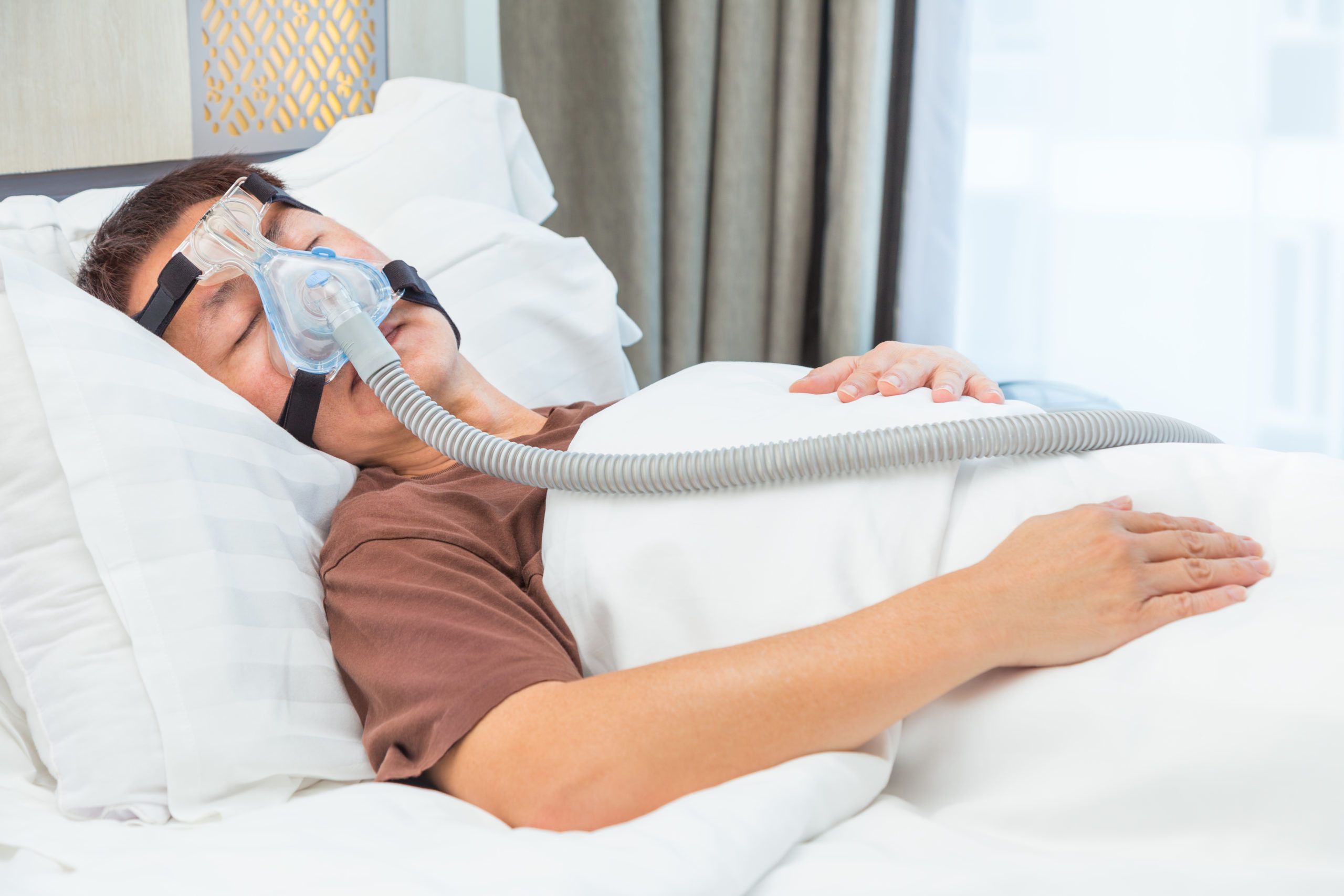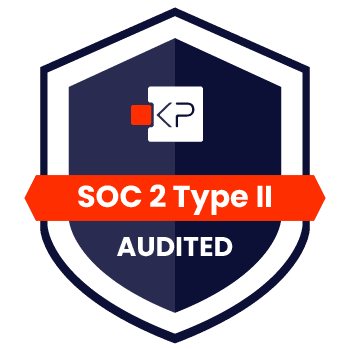A Look at What Sleep Apnea is Why it is Important to Treat it
Do you have a sleep disorder? The first time I saw my brother-in-law’s CPAP machine next to the bed -it took a few minutes to realize all the implications. Everyone knows how important it is to get a good night of sleep and how drained you feel when you don’t. But loud snoring, restlessness, and being tired occasionally isn’t the same thing as having sleep apnea, right?
The word apnea means ‘without breath’. If your breathing stops while you’re asleep –that’s ‘Sleep Apnea’. Combining big trucks with sleep apnea is very dangerous. Drivers with untreated sleep apnea are at risk of falling asleep behind the wheel or being slow to respond to changing conditions. For example, in 2016, the National Transportation Safety Board determined that sleep apnea was partially responsible for a truck crash that killed 13 people.
People snore because their airways are slightly compressed, causing air to be forced through a narrow space. And, as people gain weight, we become more likely to have obstructive apnea, which is a 100% blockage of the airway. Because sleep apnea stops you from breathing, your body fights against the lack of oxygen by waking you up. This process repeats over and over, sometimes a hundred times a night and puts a lot of stress on the heart, raises your blood pressure, and increases adrenaline. Plus, it prevents you from having a deep, high-quality sleep.
Without enough REM sleep, the human brain gets worse at saving data (i.e. short-term memory), computing data (i.e. problem-solving), and processing data (i.e. concentration and drowsiness).
In 2017, the DOT proposed a law that would require sleep apnea testing for CDL drivers, but it never made it to President Trump’s desk. So, as it stands today, sleep apnea testing is not officially mandatory for truck drivers. However, many leading carriers (and DOT physicians) are paying more attention to sleep apnea now. For example, Schneider National requires new drivers to be screened for sleep apnea to reduce the risk of crashing. And, a sleep apnea study by J.B. Hunt found a 53% reduction in accidents, a 55% reduction in hard-braking, and a 56% reduction in medical costs!
Due to working at Fleetworthy and introducing our new OSA managed service to the trucking industry, I’ve learned a lot about obstructive sleep apnea and it has really opened my eyes. I’m going to get a sleep apnea test and perhaps a CPAP device to live better, longer, and safer – how about you?
Stay tuned for Part 2 of this blog article – soon to be posted.
– Author: Tom Bowe – VP Products, Fleetworthy Solutions


